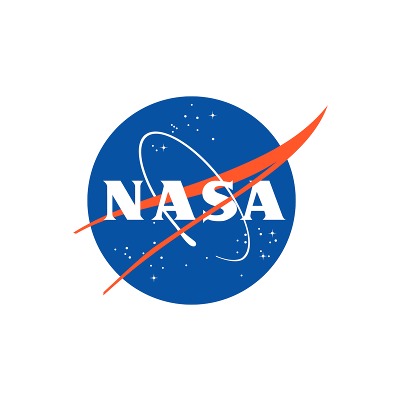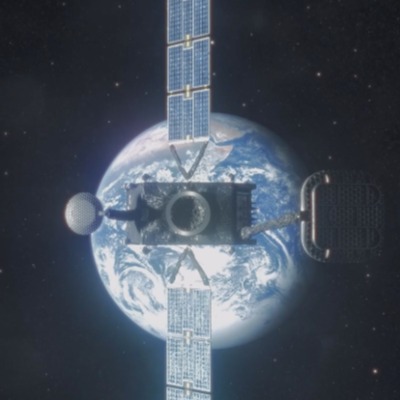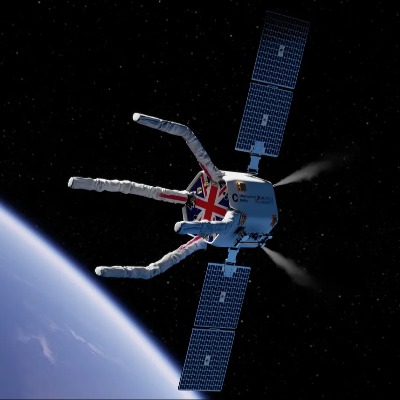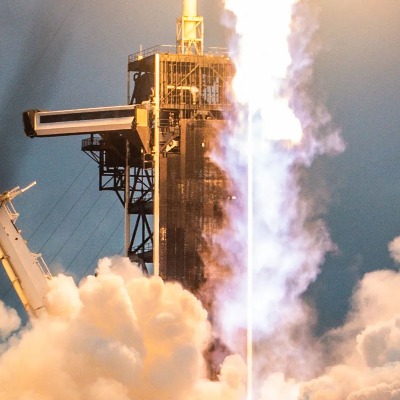French Launch Startup Latitude Raises $30 Million For Small Launch Vehicle Development
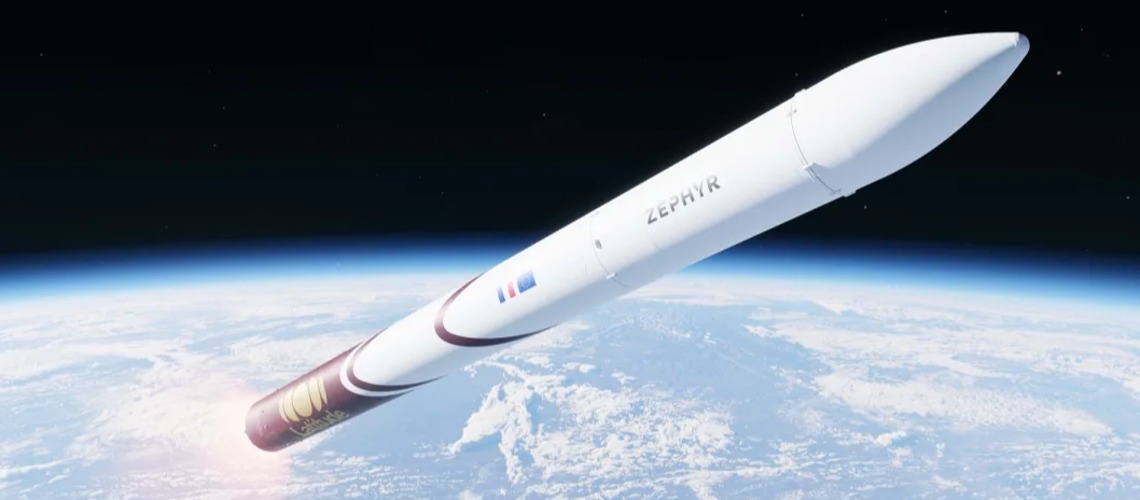
French launch startup Latitude has raised $30 million in a Series B funding round to support the development of its Zephyr launch vehicle. The company announced the funding on Thursday, saying it will be used to manufacture the first Zephyr launch vehicle, establish the vehicle's assembly line, complete electrical, propulsion, and fluidic systems and structural tests, bring the company's test center online, and recruit new talent.
Latitude is developing the Zephyr launch vehicle to deploy payloads of up to 100 kilograms into low Earth orbit. The company has already completed several successful test launches of the vehicle's engine, and it is on track for a first orbital launch in 2025.
The new funding round was led by European venture capital firm Aster Capital, with participation from existing investors Bpifrance and 3founders VC.
“This new funding round is a strong validation of our progress and our vision for the future of small launch vehicles,” said Emmanuel Deutsch, CEO of Latitude. “With this funding, we will be able to accelerate the development of the Zephyr launch vehicle and bring it to market.”
The small launch vehicle market is growing rapidly, as companies and governments look for more affordable and flexible ways to launch satellites. Latitude is one of a number of companies developing small launch vehicles, and it is hoping to compete with established players such as SpaceX and Rocket Lab.
“We believe that Latitude has the potential to become a major player in the small launch vehicle market,” said Philippe Hayat, Managing Partner at Aster Capital. “The company has a strong team, a proven technology, and a clear vision for the future.”
The funding round is a major boost for Latitude, and it will allow the company to continue its development of the Zephyr launch vehicle. With a successful first orbital launch in 2025, Latitude could become a major player in the small launch vehicle market.
In addition to the funding round, Latitude also announced that it has signed a partnership agreement with the European Space Agency (ESA). Under the terms of the agreement, ESA will provide Latitude with technical support and access to its facilities.
“This partnership with ESA is a major milestone for Latitude,” said Deutsch. “It will give us access to the expertise and resources we need to develop the Zephyr launch vehicle and bring it to market.”
The partnership with ESA is a further validation of Latitude's technology and potential. With the support of ESA, Latitude is well-positioned to become a major player in the small launch vehicle market.
Overall, the funding round and the partnership agreement with ESA are positive developments for Latitude. The company is on track for a first orbital launch in 2025, and it has the potential to become a major player in the small launch vehicle market.

